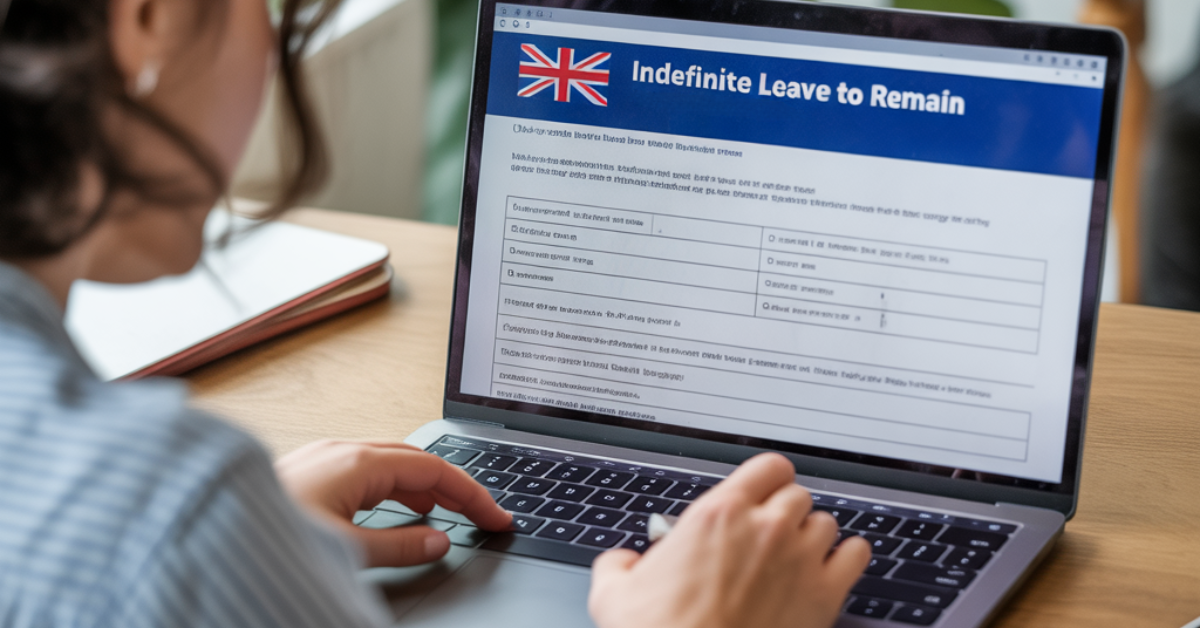In a significant legal shift, the UK government has amended the Immigration Rules through Statement of Changes HC 1298 under the Immigration Act 1971. Effective at 15:00 BST on 4 September 2025, the new provisions suspend the Refugee Family Reunion route and broaden the scope of Appendix FM to include partners and dependent children of individuals with protection status. These changes reflect urgent policy priorities, including reducing pressure on public services, embedding fairness across immigration pathways, and preparing for a comprehensive family migration reform.
Key Updates To be Consider
- Temporary Suspension of the Refugee Family Reunion (Appendix FRP)
The Appendix Family Reunion (Sponsors with Protection) route, which previously allowed refugees to reunite with their partners and children under minimal maintenance and accommodation requirements, has been temporarily suspended. The suspension took effect at 1500 BST on 4 September 2025. Applications submitted before this cutoff will continue to be considered under the rules in force at that time, providing clarity and fairness for applicants who applied promptly.
According to the official explanatory memorandum, this measure is a temporary suspension, while the government undertakes a “full review and reform” of family reunion rules. One of the key concerns driving this change is the pressure on public services, particularly local authorities, arising from the limited financial and accommodation obligations placed on sponsors under the previous route.
- Expansion of Appendix FM to Include Partners and Children
To mitigate the immediate impact of the FRP suspension, Appendix FM was amended effective simultaneously, also at 15:00 BST on 4 September 2025. These amendments now permit partners and dependent children of individuals with protection status in the UK to apply, regardless of previous limitations linking them to prior routes.
Applicants under Appendix FM must meet standard criteria, including paying the application fee (or securing a fee waiver), satisfying English language requirement (where applicable), and fulfilling financial eligibility rules. This change brings refugee family members into the same eligibility framework as the family members of British citizens or settled individuals, marking a shift toward parity and fairness.
- Introducing “Sole Responsibility” Requirement for Child Sponsorship
A notable and substantive change is the introduction of the sole responsibility requirement for sponsoring a child via Appendix FM. Unlike Appendix FRP, which did not impose this threshold, under Appendix FM requires a parent to demonstrate sole responsibility if the child is not joining both parents in the UK.
In practice, this means that where both parents share responsibility, the child is generally expected to remain with both, thereby avoiding custody disputes or situations where a child could be brought to the UK against the other parent’s wishes.
However, the rules include some flexibility; if sole responsibility cannot be shown, applications may still succeed where there are serious and compelling family or other considerations that make exclusion of the child undesirable.
Why Were These Changes Introduced?
- Pressure on Public Services and Local Authorities
Refugee family reunion, as it operated under Appendix FRP, did not require sponsors to demonstrate financial or housing stability. In many cases, applications were submitted shortly after protection was granted, sometimes before sponsors had the opportunity to settle, obtain employment, or secure adequate housing. This trend coincided with rising demand for homelessness assistance and other local services, placing some authorities under significant strain. The recent reforms aim to ease these pressures by aligning refugee family applications with the clearer, more robust standards applied to broader migration routes.
- Towards a Fairer, More Balanced System
The government emphasises that keeping families together remains important but insists this must take place within a framework that ensures fairness, control, and economic sustainability. These changes are part of a broader Immigration White Paper context, which outlines the government’s intent to restore order and fairness to legal migration, reduce net migration, and support economic growth over time.
Implementation, Legal Context & Next Steps
These changes took effect immediately at 15:00 BST on 4 September 2025, by breaching the usual 21-day convention typically observed for Immigration Rule amendments. The urgency was intended to prevent a surge of new applications that could further strain asylum and local authority systems.
The suspension and reforms apply across the United Kingdom, without regional variation. Legislatively, a statutory review clause requires a formal report to Parliament within five years of 6 April 2017, and at subsequent five-year intervals. This provides ongoing accountability and potential legislative oversight, although the immediate suspension triggers an accelerated interim mechanism. Crucially, the government has pledged to publish a “new family policy” by the end of 2025. This policy is intended to apply universally, covering not just refugees, but also British citizens, settled individuals, and those on work routes seeking to bring in family members.
Conclusion
The reforms enacted under HC 1298 represent a pivotal shift in how the UK manages refugee family reunion. By temporarily suspending the FRP route and expanding Appendix FM, with additional requirements like sole responsibility, the government aims to relieve immediate pressure on public services, align family migration more equitably across different categories of migrants, and establish a more durable framework for the future.
As the 2025 year-end deadline for implementing the new family migration policy approaches, clarity for affected families remains paramount. Sponsor responsibility, financial stability, and robust but fair criteria shape the interim environment, while forthcoming reforms are expected to deliver a permanent and balanced system.









